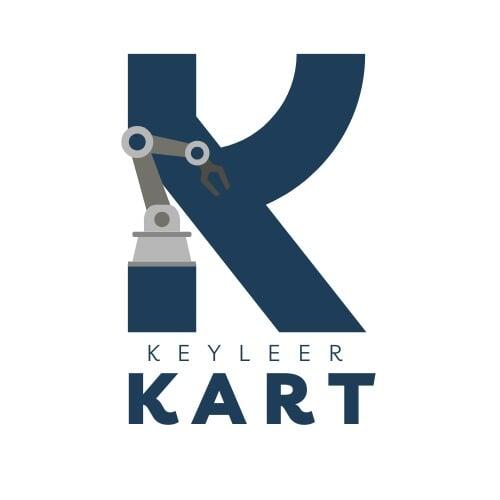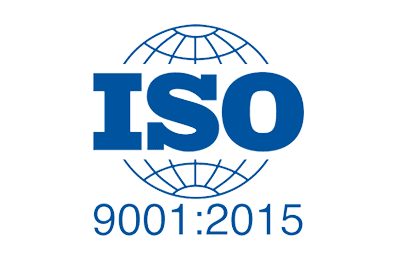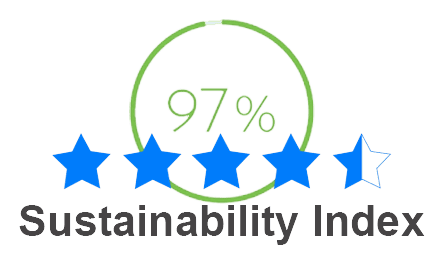What Every Buyer Needs to Know
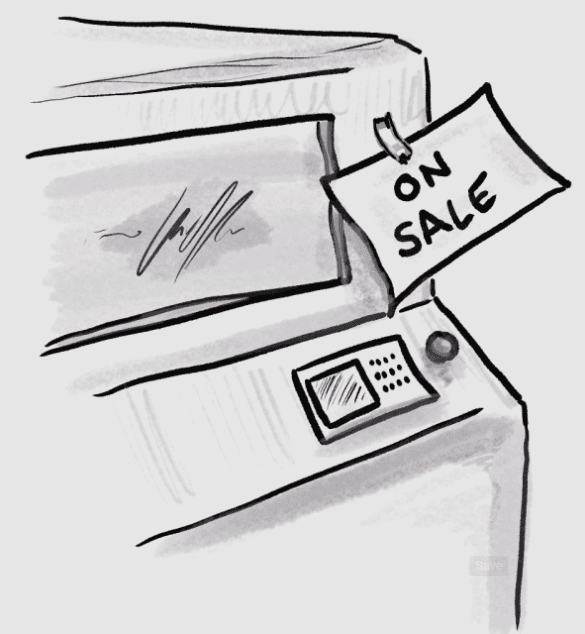
When it comes to expanding your business or upgrading your equipment, buying used machinery can be a smart and cost-effective solution. At KeyLeer Automation Solutions, we specialize in offering high-quality second-hand machines that provide exceptional value for businesses across various industries. However, entering the used machinery market requires more than just finding the right machine at the right price. To ensure that you make the best investment, it’s crucial to approach your purchase with careful planning and informed decisions.
In this guide, we’ll walk you through the essential steps every buyer needs to know before purchasing used machinery. By following these tips, you can confidently navigate the market, avoid common mistakes, and secure machinery that suits your business needs perfectly.
1. Define Your Needs
Before diving into the market, clearly identify the type of machinery you require. Think about specific models, capacities, and the intended use of the equipment in your operations. Having a defined list of needs will streamline your search and help you focus on machinery that best fits your requirements.
2. Research the Market
Next, invest time in researching the used machinery market. This means exploring various brands, models, and current pricing trends. Understand the price range for the equipment you're interested in and keep an eye on demand trends that could influence availability or costs. This research will help you gauge if you’re getting a fair deal and ensure you’re aware of all your options.
3. Inspect the Machinery
Conducting a thorough inspection of the machinery is one of the most critical steps in the buying process. Be on the lookout for visible wear and tear, rust, and any missing parts. Request to see the equipment in operation if possible, and review the machine’s maintenance history. This can provide insights into how well the machinery has been taken care of and whether it’s likely to encounter issues down the road.
4. Evaluate the Seller
Not all sellers are created equal. It’s important to choose a reputable seller with positive reviews and a track record of reliability. At KeyLeer Automation Solutions, we pride ourselves on offering machines in excellent condition, coupled with dependable after-sales support. Check if the seller provides any warranties or guarantees, as these can offer added peace of mind.
5. Understand the Total Cost
Beyond the purchase price, consider the full scope of costs involved in acquiring the machinery. These can include transportation, installation, training for your team, and potential repairs or upgrades. Be sure to factor in these additional expenses to get a complete picture of your total investment.
6. Negotiate the Price
Armed with your research and inspection findings, you’re ready to negotiate the price. Don’t hesitate to negotiate – many sellers expect this. Use your knowledge to aim for the best deal, but don’t be afraid to walk away if the terms don’t meet your expectations. Sometimes, a little patience can lead to finding an even better offer.
7. Explore Financing Options
Financing can be an excellent way to manage your budget while securing the equipment you need. Look into different options such as loans, leases, or even seller financing. Choose the financing method that works best for your business while keeping future cash flow in mind.
8. Check Legal and Compliance Issues
Before finalizing your purchase, ensure that the machinery complies with industry regulations, including safety and environmental standards. This will help you avoid potential legal headaches and ensure your equipment is ready to be put to use in your operations.
9. Plan for Resale Value
It’s always wise to consider the long-term prospects of your investment. Machines from reputable brands often retain their value, making them easier to resell later on. Opt for machines that have a history of strong performance and plan to maintain them well to maximize resale value.
10. Finalize the Purchase
Once you’ve gone through all the steps and feel confident in your decision, it’s time to finalize the purchase. Be sure to carefully review the purchase agreement, including the price, warranties, and delivery terms. Make sure all the details align with your expectations before signing off on the deal.
Conclusion
Buying used machinery offers a wealth of opportunities for businesses looking to grow while keeping costs in check. By following this comprehensive guide, you can make smart, informed decisions that not only save you money but also contribute to the long-term success of your operations.
At KeyLeer Automation Solutions, we are committed to helping you find the perfect machinery for your business needs. Our team is here to assist you every step of the way – from sourcing to after-sales support. Explore our wide range of second-hand machinery today and discover how we can help you achieve your business goals.
